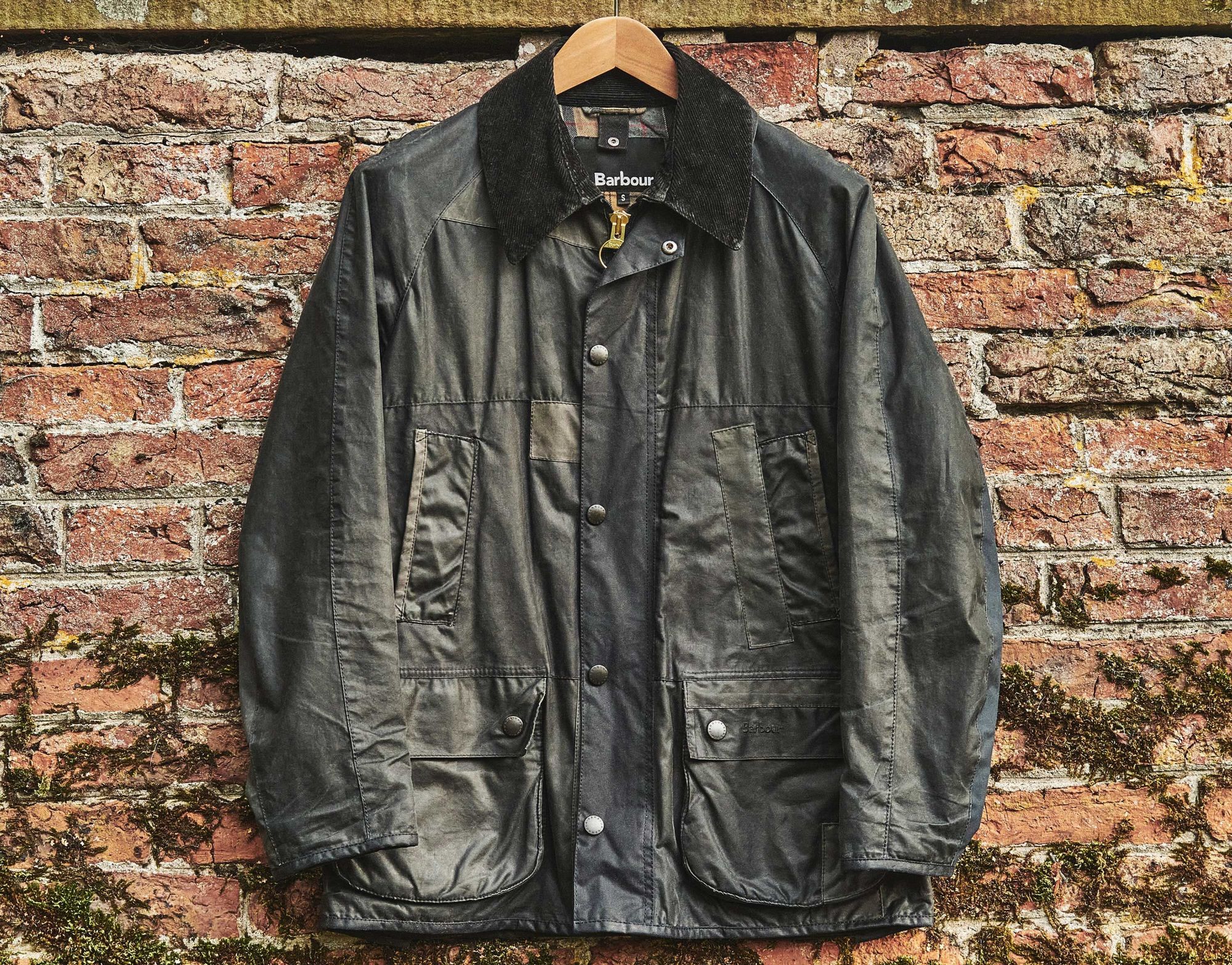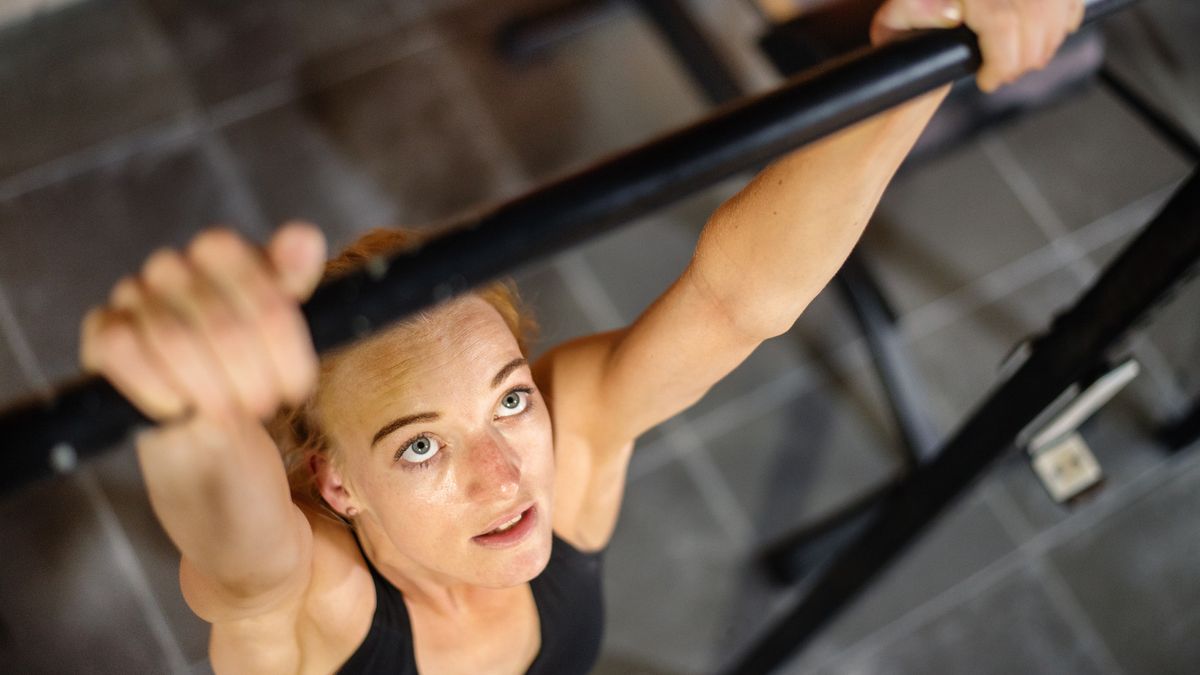If there’s one exercise that feels beyond most gym-goers, it’s the pull-up. It makes sense that they’re one of the toughest moves to do. After all, you’re lifting your entire body weight.
“Consistency, patience, and progressive overload are essential principles for mastering the pull-up,” says Ali Malik, a personal trainer and founder of Fit Labs Kensington.
pull-up workout plan for beginners sticks to those principles, but if you’re keen to speed up your progress or lay strong foundations while you wait for a home pull-up bar to be delivered, Malik has recommended a few exercises that will help you strengthen the muscles you need to do a pull-up.“Incorporate pull-up-specific exercises into your routine at least two to three times per week, gradually increasing intensity, volume, and resistance over time,” says Malik.
“While calisthenics exercises like pull-ups and bodyweight rows are excellent for building functional strength, incorporating weight training exercises like lat pull-downs, rows and deadlifts can provide additional muscle stimulation and variety to your training regimen,” says Malik.
Here, he shares a variation of bodyweight and weighted exercises to help you achieve your first pull-up or improve the number of reps you’re able to do.
1 Negative pull-up
Why “This eccentric phase of the movement helps build muscle strength and control, which are essential for performing full pull-ups,” says Malik.
How Use a box or a step to get into the top of a pull-up position, with your chin above the bar and your hands gripping the bar shoulder-width apart. Lower yourself as slowly as possible until your arms are fully extended.
Why “Strengthening the muscles responsible for scapular retraction, such as the rhomboids and lower trapezius, is crucial for pull-up success,” says Malik.
How Stand holding a resistance band in front of you around chest height with your arms extended and your hands shoulder-width apart. Move each hand out to either side as far as you can. Pause and squeeze your shoulder blades before returning to the start under control.
Why This is another exercise to strengthen scapular retraction.
How Set up a cable machine with a double rope attachment fixed at eye level. Face the anchor and hold the handles with an overhand grip, palms facing the floor, Step back until your arms are extended at chest height and the cable is taut. Pull the handles towards either side of your face, then rotate your forearms to vertical, your elbow should be at a 90° angle. Pause and squeeze your shoulder blades together. Slowly return the handles to the start.
Why “Incorporating lat pull-downs and rowing exercises into your strength training routine can target the same muscle groups used in pull-ups, such as the latissimus dorsi, biceps and upper-back muscles,” says Malik. “Gradually increasing resistance and volume will contribute to overall pull-up strength.”
How Sit in a lat pull-down machine and hold the bar with your hands slightly wider than shoulder-width apart and your palms facing forward. Pull the bar down towards your chest. Pause and squeeze your shoulder blades. You can move backward slightly but don’t swing your torso to generate momentum to move the weight. Return the bar to the start under control.








